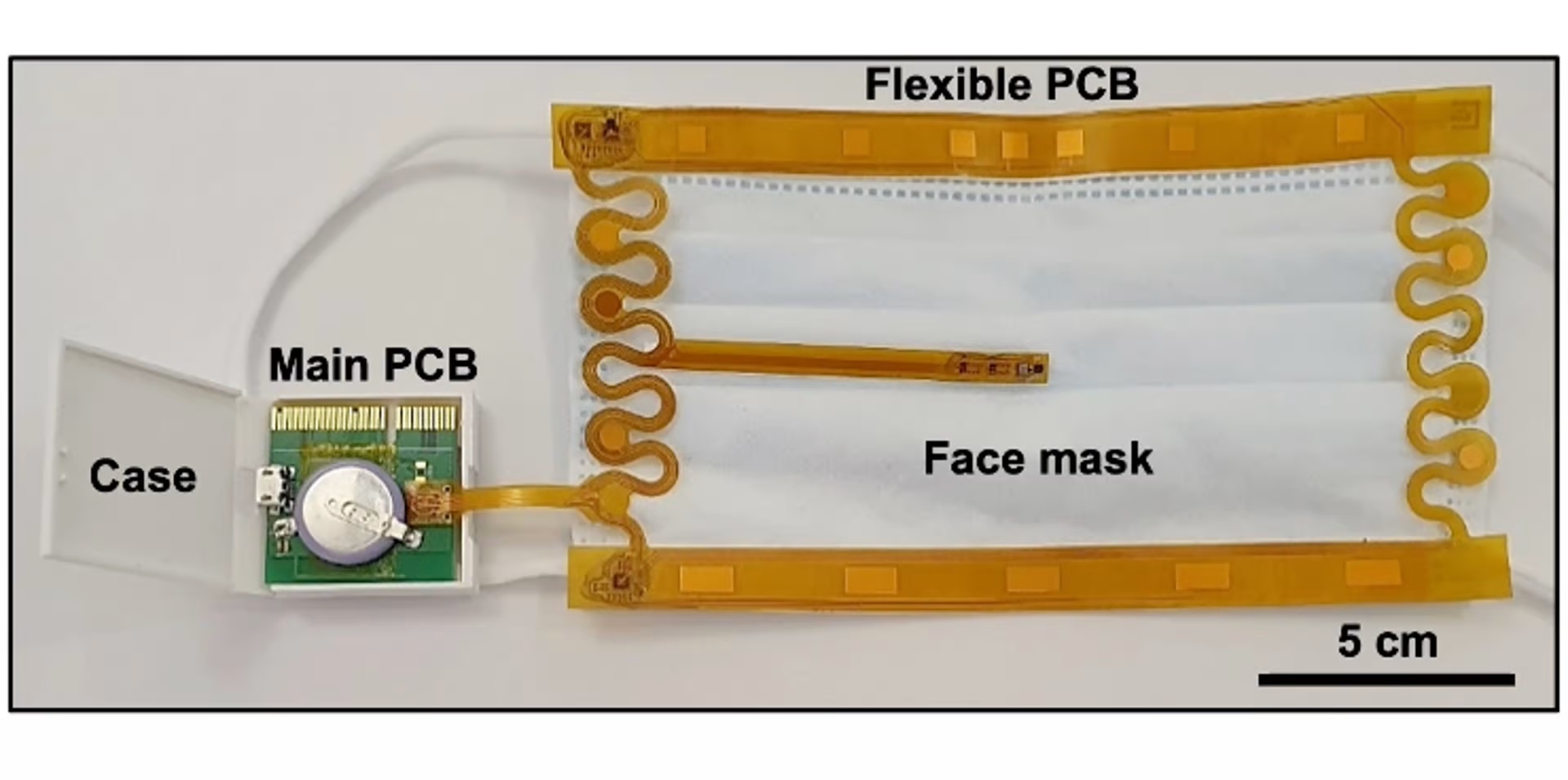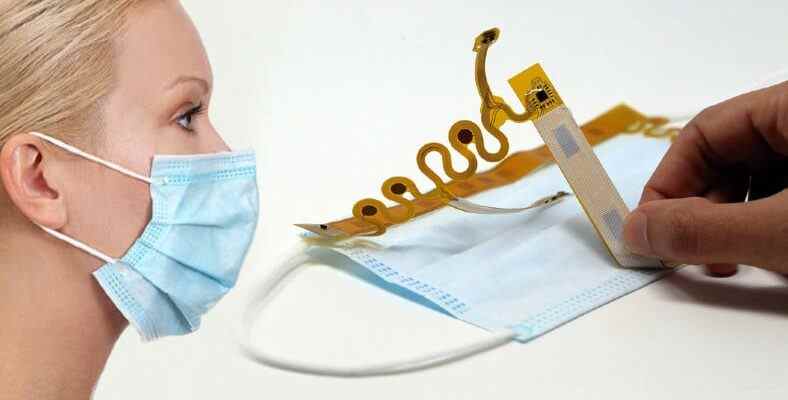MIT researchers, including Turkish scientist Canan Dağdeviren, have developed a technology that can make masks fit our face perfectly. The system, called cMask, can show how well a mask fits our face through sensors. It is hoped the technology will help produce masks that are more suitable for face shapes and sizes.
With COVID-19, it has become an important part of our lives. masksIt is vital to protect us from diseases. However, the effect of these masks, which prevent the spread of viruses, can be seriously reduced if they do not fit our face properly.
That’s why from the Massachusetts Institute of Technology (MIT) in the USA famous Turkish scientist By Canan Dağdeviren A team, including M.D., has developed a new technology. Researchers, cMask introduced the technology they call it to quickly and easily assess how well a mask fits the wearer. The study findings were published via Nature Electronics.
The sensors in cMask can understand how well the masks fit our face.
The tool, known as cMask, compares favorably to machines often found in places such as hospitals and testing the compatibility of masks. cheaper and accessible designed as an alternative. According to the explanations, the sensors developed for masks are between the mask and the user’s face. It can measure physical contact and can be applied to any kind of mask.. The system also important things like respiratory rate, fever, as well as environmental conditions like humidity It is also said to be used for monitoring.
If we open cMask a little more, the technology takes a different approach from similar systems. Basically, this system is glued to the edges of a mask’s interior and uses a flexible rectangular frame made of a polymer called polyimide. In this too 17 capacitive sensors, two temperature/humidity sensors and an air pressure sensor exists. An accelerometer is also included in the system.

Capacitive sensors can understand which parts are in contact with the skin and which parts are not, when the wearer puts on the mask. Temperature, humidity and pressure sensors can detect the actions of the user such as coughing or talking. On the other hand, the accelerometer can detect body movements such as walking and running. All collected information is transmitted via Bluetooth. to mobile app being transferred. The application also analyzes the data and presents it to the user. how fit the mask is, how different physical activities can affect it showing it to the user.
Technology can help make masks for everyone
Experts tested cMask on five men and five women. While the subjects wearing surgical masks performed various activities such as talking, walking and running, the researchers examined the data from the sensors. As a result of the examinations, it was determined that the compatibility of the mask was not determined due to the differences in face shape and size. women are much worse off than men appeared to be.
Regarding this, Canan Dağdeviren said, “In the data we collected from the individuals in the study, it was seen that the masks we use in our daily life not very suitable for women We saw” used the phrases. However, it was also stated that smaller masks may be more suitable for women. Additionally, working in a bearded man He also saw that the mask fit could be bad. The reason for this was that the beard created a gap between the mask and the skin.
RELATED NEWS
Research to Deplete Mask Stocks: Mask Scientifically Proven to Increase Men’s Attractiveness
Researchers hope the technology can help people choose masks that better suit them. In addition, the findings enabling mask manufacturers to produce masks for different face shapes and sizes and especially intended to help women. Dağdeviren and her team add to their statements that they plan to work on the mass production of cMask.
